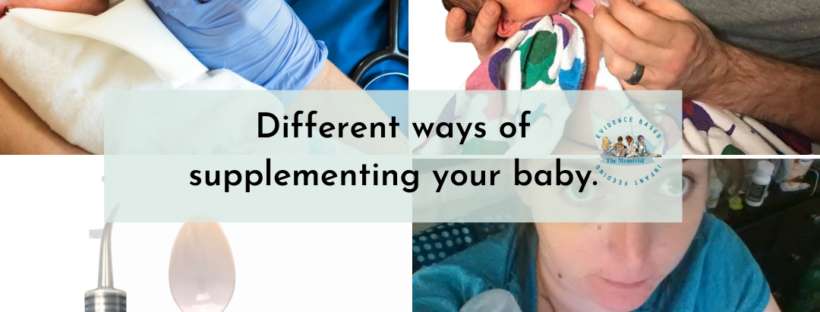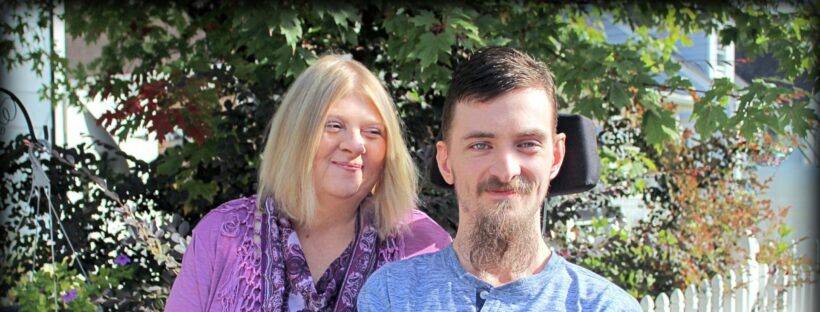A Letter from Karlyne C. from Belgium
I would like to share my experience in hopes that it can be useful. My name is Karlyne, I am the mother of 3 children and live in Belgium.
My first daughter, Moïra, was born in 2018. I had not looked up any information about breastfeeding during my pregnancy, I thought that since it is a natural process, it would be easy and that there was nothing more to know than the fact that I should put the baby on breast when she showed signs of hunger. When she was born, that is what I did, I put her on my breast.
But she could not manage to latch on, she would systematically let go of the breast. I asked the midwives who worked in the maternity ward for help. They would crumple my nipples while firmly holding her head to try to shove them in her mouth despite her cries. Hours went by without her being able to feed, and I could tell she was getting weaker; all the while the midwives told me everything was normal. In response to my insistence, I was told to express colostrum in a small spoon and to give it to her if it could reassure me. I produced at most a few drops of colostrum, yet the midwives kept telling me that I had enormous quantities, and that a baby’s stomach is minuscule, that some five halves of those small spoons every 2 to 3 hours would be more than enough. Those few drops, Moïra refused because the spoon in her mouth made her nauseous, so she would not take it. The midwives refused to bring me a clean spoon for me to try again, telling me that supplementing once was enough.
Continue reading →




